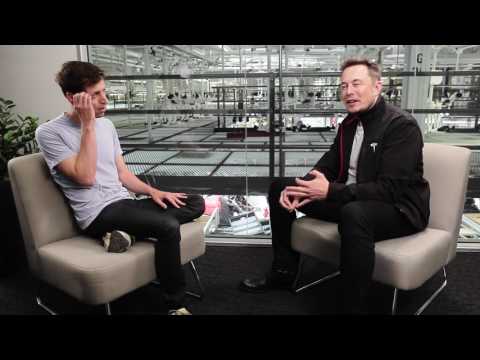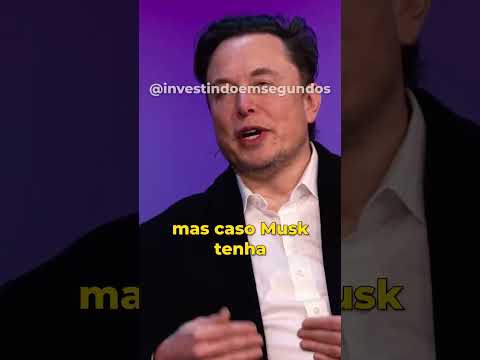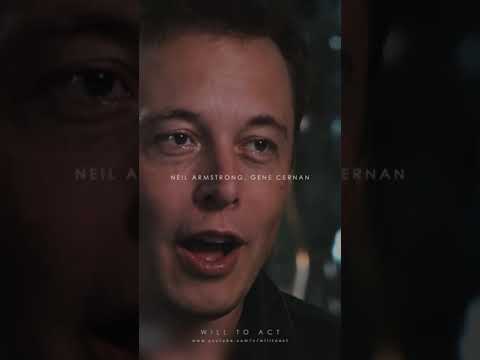Introduction:
In an era marked by unprecedented environmental challenges and concerns, the need for comprehensive environmental education has never been more crucial. The degradation of ecosystems, loss of biodiversity, and the impacts of climate change threaten the very existence of life on our planet. To combat these issues effectively and create a sustainable future, it is imperative that we promote environmental education at every level. By providing individuals with the knowledge and tools to understand their environment and make informed decisions, we can empower them to act as responsible stewards of the Earth.
Understanding Our Interconnected World:
Environmental education offers a holistic perspective on the interconnectedness between humans, nature, and society. It enables us to comprehend the intricate relationships between our actions and their consequences for the environment. Through education, we learn about the importance of preserving biodiversity, managing natural resources sustainably, and mitigating pollution. By understanding these interconnections, individuals can recognize that their choices have far-reaching impacts on both current and future generations.
Stimulating Critical Thinking:
One of the most valuable aspects of environmental education is its ability to foster critical thinking skills. Rather than accepting information at face value, it encourages individuals to evaluate multiple perspectives, analyze data objectively, and question prevailing norms. This critical thinking empowers learners to challenge outdated practices and think creatively about innovative solutions to environmental issues. By cultivating a generation of environmentally conscious thinkers, we can drive positive change in our communities.
Promoting Sustainability:
At its core, environmental education aims to develop a sense of responsibility towards our planet’s sustainability. It equips individuals with knowledge about renewable energy sources, sustainable agriculture practices, waste reduction techniques, conservation strategies, and more. Armed with this knowledge, people can make conscious choices in their daily lives that minimize their ecological footprint. From recycling household waste to supporting eco-friendly businesses or advocating for sustainable policies in government – every action counts towards building a greener future.
Empowering Global Citizens:
Environmental education goes beyond just fostering individual responsibility; it also plays a crucial role in nurturing global citizens. By understanding the challenges faced by different communities around the world, learners can appreciate the global nature of environmental problems and seek collaborative solutions. This broader perspective encourages empathy, cultural sensitivity, and a sense of shared responsibility for protecting the planet. It promotes communication and collaboration between nations to address global issues collectively.
Preserving Indigenous Knowledge:
Environmental education also provides an avenue to learn from indigenous communities who have lived in harmony with nature for generations. Indigenous knowledge and practices often hold valuable insights into sustainable resource management, conservation techniques, and biodiversity preservation. Integrating this knowledge into environmental education not only contributes to preserving cultural diversity but also enriches our understanding of ecological systems. Such integration fosters mutual respect and recognizes that diverse knowledge systems play a crucial role in tackling environmental challenges.
Conclusion:
Investing in environmental education is investing in a sustainable future for all living beings on Earth. By fostering awareness, critical thinking, sustainability practices, and global citizenship, we empower individuals to become proactive agents of change in their communities. As we face pressing environmental issues today, educating ourselves and future generations about the environment ensures that we are equipped with the necessary tools to protect and conserve our planet for generations to come. It is only through transformative environmental education that we can create a resilient and sustainable future for all.





